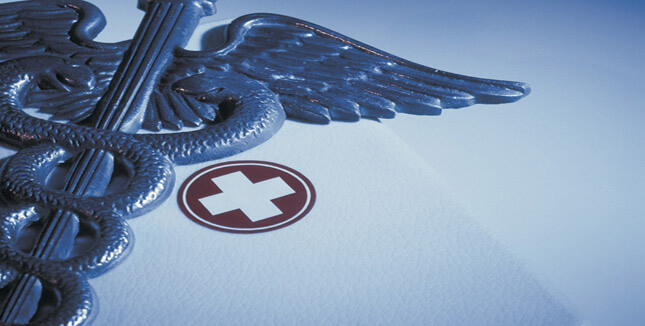Private Health Insurance for Doctors
June 6th, 2012
At MEDIQ Financial we recommend all clients maintain good quality health insurance. Currently the government assists with the cost of private health cover by giving a 30% rebate on the premiums. An important change will take effect from 1 July 2012, when for the first time the private health insurance rebate will be income tested.
If you expect to earn more than $84,000 as a single, or more than $168,000 as a family in the 2012-13 financial year, your rebate will be affected. As the vast majority of MEDIQ clients earn higher than these thresholds there will be an impact on the level of the rebate, in reality most client will end up with no rebate at all. See the table below.
Private health insurance rebate for the 2012-13 financial year
| No change | Tier 1 | Tier 2 | Tier 3 |
Singles | $84,000 or less | $84,001 – 97,000 | $97,001 – 130,000 | $130,001 + |
Families | $168,000 or less | $168,001 – 194,000 | $194,001 – 260,000 | $260,001 + |
Under 65 | 30% | 20% | 10% | 0% |
65 – 69 | 35% | 25% | 15% | 0% |
70+ | 40% | 30% | 20% | 0% |
Note: Single parents and couples (including de facto couples) are subject to the family tiers. For families with children, the thresholds are increased by $1,500 for each child after the first.
To avoid a potential tax liability, contact your private health insurer and tell them which tier you are in. They will adjust your rebate for you. You may claim the rebate if you are eligible for Medicare and have private health insurance that covers hospital treatment, general treatment (also known as ancillary or extras) or both.
There are three ways you can claim your rebate:
- as a premium reduction through your private health insurer (you pay less upfront to your insurer). If you want to claim your rebate as a reduced premium, contact your insurer.
- as a direct payment from a Medicare office. If you want to claim your rebate as a direct payment, private health insurance rebate page or call 1300 554 463.
- as a tax offset when lodging your annual tax return. For more information about claiming your rebate as a tax offset, visit the tax offsets page or call 132 861.
An important strategy to implement before June 30 2012 is to prepay your premium for the next 12 months whilst the rebate still applies.
Medicare levy surcharge
Deciding to allow your cover to lapse due to the rebate is ceasing, will not be a wise move. Due to the level of income applying to most medical professionals, whether a family or a single, you will attract the Medicare levy surcharge (MLS).
If you are single, earn more than $84,000 and don’t have private health insurance hospital cover you will pay the MLS.
If you are a family, have a combined income of more than $168,000 and don’t have hospital cover for you, your partner, or your children – you will pay the MLS.
The MLS will also apply if you cancel your existing hospital cover. If you do not have hospital cover, use the table below to see how the changes affect you.
Medicare levy surcharge for the 2012-13 financial year
| No change | Tier 1 | Tier 2 | Tier 3 |
Singles | $84,000 or less | $84,001 – 97,000 | $97,001 – 130,000 | $130,001 + |
Families | $168,000 or less | $168,001 – 194,000 | $194,001 – 260,000 | $260,001 + |
All ages | 0.0% | 1.0% | 1.25% | 1.5% |
Note: Single parents and couples (including de facto couples) are subject to the family tiers. For families with children, the thresholds are increased by $1,500 for each child after the first.

